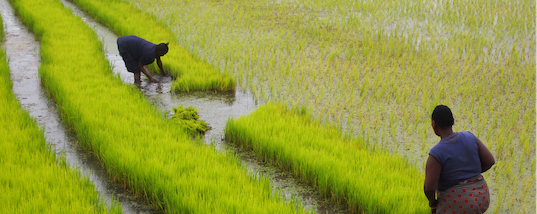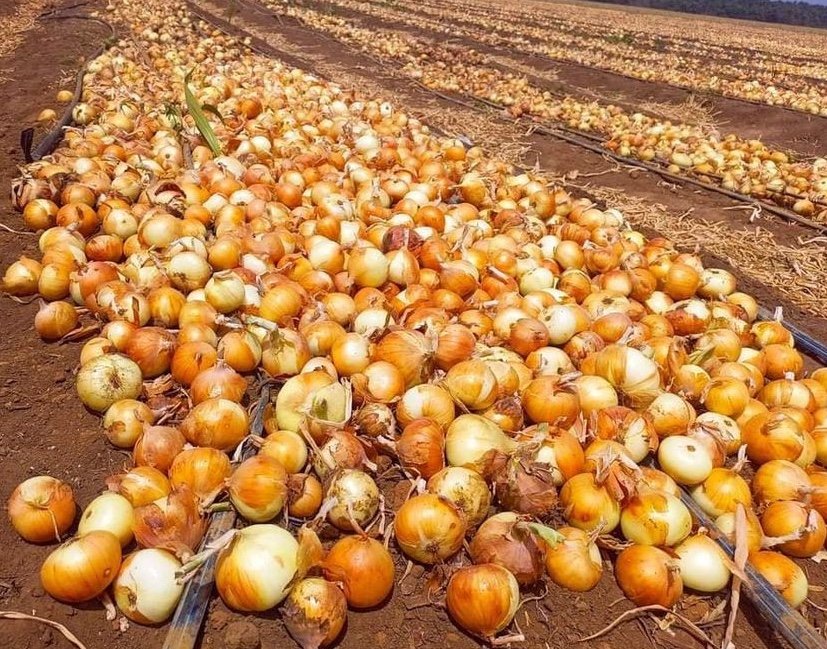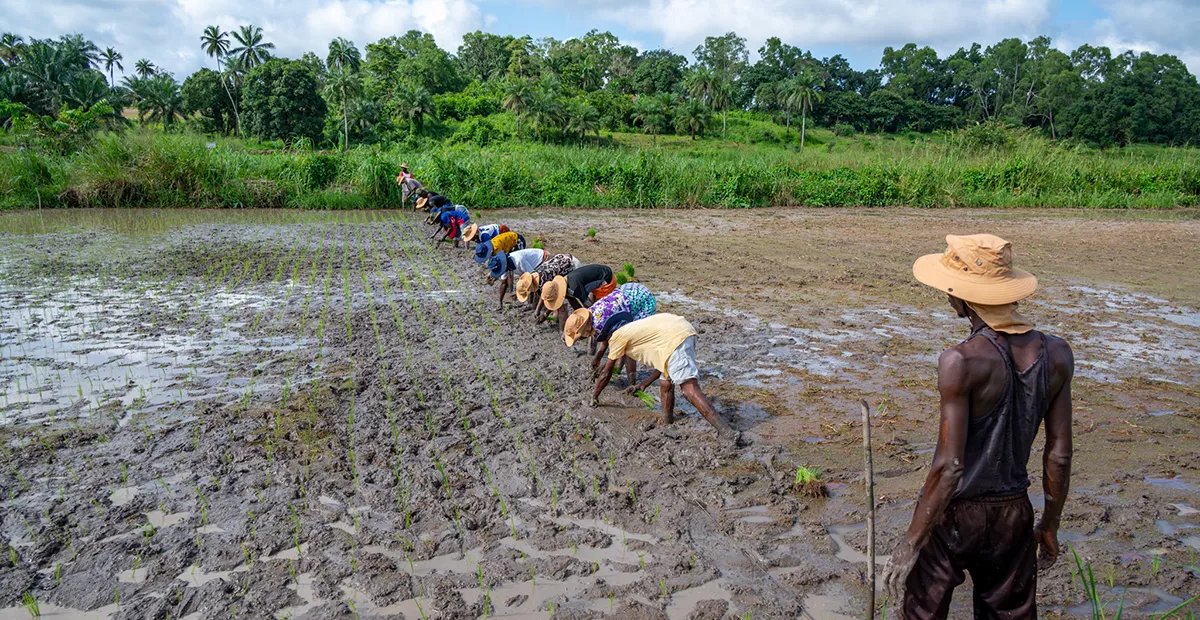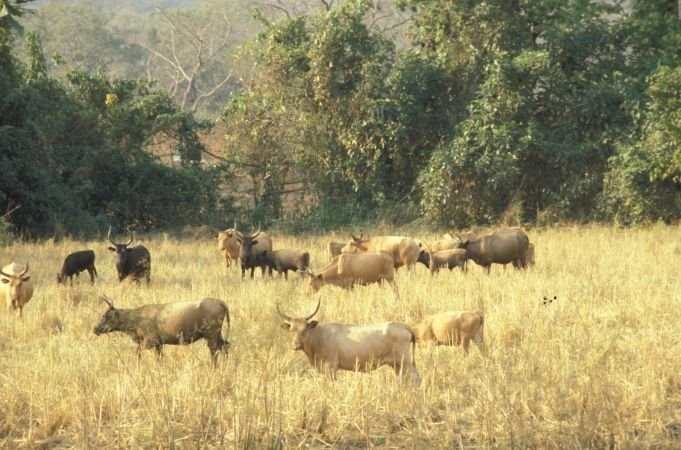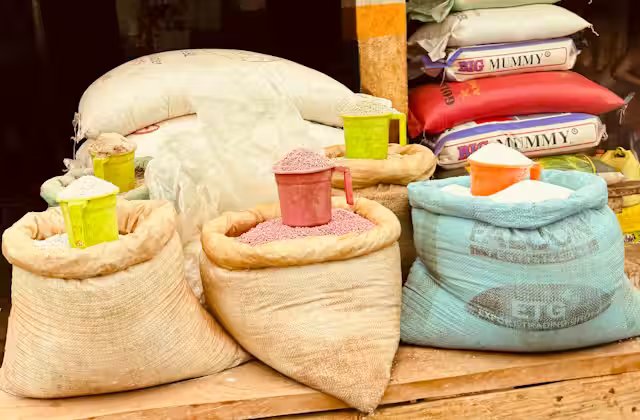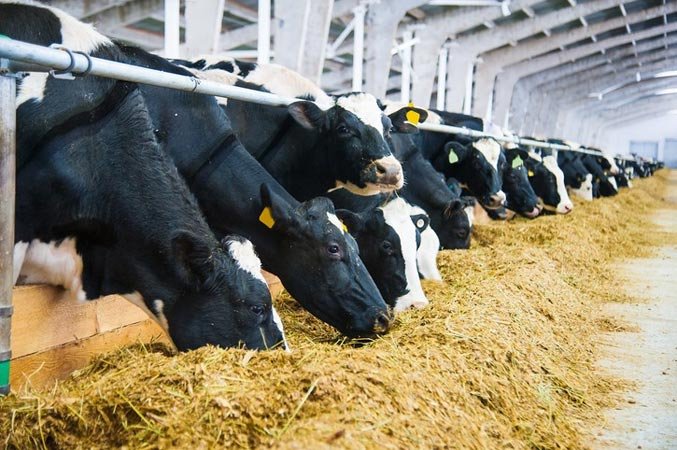Much Ado About Rice
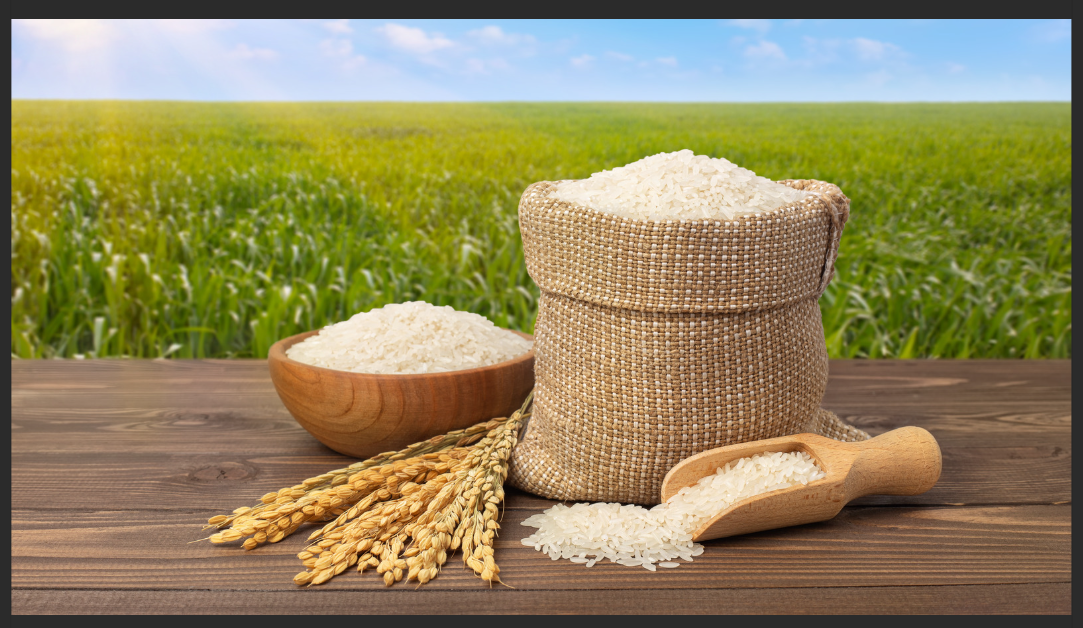 Rice Plantation
Rice Plantation
Even with 12 months to go on its implementation, concerned stakeholders in the business of rice are already bracing for the impact of the recently approved 5 percent rise in taxation on the commodity. Rice is a staple menu in the country. The increment in taxation forms part of the significant shifts in the 2025 Finance Act.
The sentiment amongst local sellers highlights a sense of fear and uncertainty about the future of their businesses amid rising tax burdens.
Rice is a crucial component of the country’s diet, with many families relying on it as their primary source of sustenance. With market price of a 50kg bag of rice for Jasmine going for NLE 1,350, Long Grain at NLE 980 and Butter Rice at NLE 950, presently, it is feared that prices could soar tremendously with the implementation of the tax hike comes to effect. Local sellers have expressed concerns on how the present price of rice impact on sales, volume and customer loyalty. Many are looking at ways to mitigate the impacts through bulk purchasing and supply chain optimization from the interviewed FS conducted.
Abdul Kamara, a local rice seller at Salad-Grounds Market Freetown, stated, 'he have been selling rice for 10 years now, and my business have slowed down. The price of rice from my supplier is high and I have to sell at a cost to make a little gain, when the price change it will further drive customers away. However, I want to maintain the quality of my product. I’m planning on purchasing larger quantities to benefit in terms of discounts, but I fear it might not be enough to keep my business afloat.'
Shop Owner, Fatima Sesay said 'I run a small shop in the city market, and rice is my best-selling product. If I increase prices, customers might turn to competitors who sell at lower rates. I’ve heard rumours that some sellers are already planning to sell locally grown rice at a cheaper price, and it makes me nervous because I can’t afford to sell at a loss. It feels like I’m stuck between a rock and a hard place.'
The anticipated increase in the price of rice has also not gone unnoticed among consumers. Many are already making adjustments to their spending habits as they prepare for the changes. Musa Kallon a father of four children and a teacher mentioned that 'rice is part of our daily lives, and it’s hard to imagine not having it, especially my children. However, if prices keep going up, I will have to start looking for alternatives like cassava or maize, because even gari itself is costly now talk-less of bulgur. I can only stretch my budget so far, as my salary does not match my household spendings. I’ve already begun to talk to friends and some family members about sharing bulk purchases to reduce costs.'
A single mother of two children Aissatu Momoh said 'I have to ensure my children are fed properly. A price jump means we will have to sacrifice something else in our budget—perhaps buying fewer vegetables and or stop buying cloths. We are used to challenges, but the rising cost of living really makes it hard, especially when you depend on a single income.' These insights reveal the deep-rooted concerns within households facing a potential increase in the cost of living, ultimately leading to dietary adjustments and changes in purchasing behaviour. Some rice sellers are exploring innovative approaches to manage the imminent price hikes. Discussions around sourcing rice from local farmers are gaining momentum, focusing on bolstering agricultural local supply chains, which may help stabilize prices when taxation changes.
An Agricultural Cooperative Leader, Juma Bangura in Port Loko District told FS that 'they are encouraging smallholder farmers to band together and start selling directly to markets. This way, we can provide quality rice at a more competitive price without being significantly impacted by taxes. It's time to support our farmers. The interest is there, and if we can cut out the middlemen, we might have a chance to offer rice at more reasonable prices.'
Local sellers are grappling with price adjustments, seeking innovative strategies for survival, while consumers are reconsidering their spending habits in light of any rising costs. As stakeholders adapt to changes, the overarching challenge remains: ensuring access to this essential staple for all Sierra Leoneans in the face of increasing economic pressure. The government and community initiatives are seeking to strengthen local agriculture that provide a necessary buffer against the difficult realities of taxation and inflation, but the upcoming months will be crucial in determining how effectively stakeholders can respond and adapt to any evolving landscape.
13/01/2025

